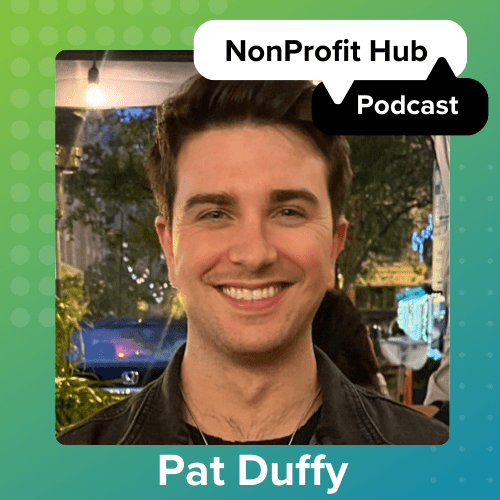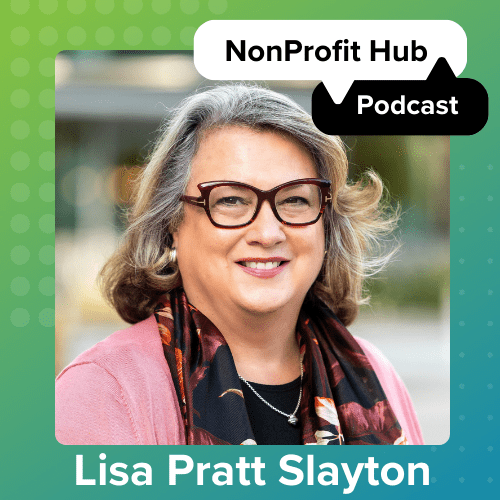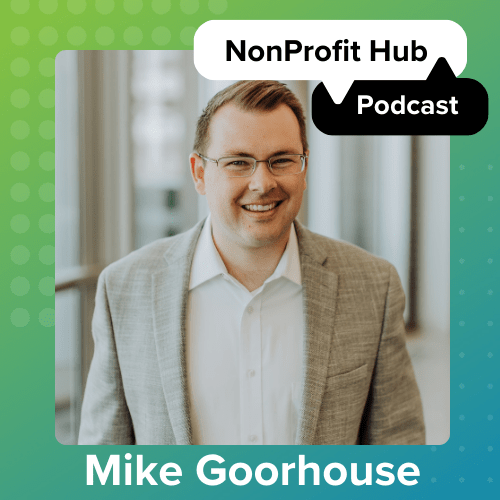The reality is that the needs being served and the requirements to achieve more with less are challenging. There is no magic formula that will instantly make everything better. But in the world of resource development, there are plenty of sound principles, proven strategies and time-tested best practices to lean on. As you prepare for the rest of 2022, be resolute in the conviction that you can more effectively further your mission by relying on the art of fundraising.
Here are 10 measures to put your nonprofit on the path to more effectively sharing your story, nurturing relationships and friendships, and ultimately raising more money.
1. Revisit your mission, vision and values
We live in a world of constant change, except that now those changes are on steroids. Bring together your management, staff, board and other key stakeholders to have a frank discussion of your mission, vision and values. These should serve as guideposts for virtually everything you want to do to succeed. Let’s quickly review definitions: mission defines what the organization does; vision defines what the organization aspires to be; and values tells us what the organization believes in. These three critical components should be reviewed on an ongoing basis, and the need for a thorough review has never been so important as now.
Always keep this reality in front of you: Donors are faced with making difficult choices for how to invest limited resources of time and money. The truth is that they are not choosing between the good and the bad but choosing between the good and the good. Think hard and honestly assess both the pluses and the minuses. What makes your organization distinctive? How do you contribute to improving the quality of life in ways that all the other good nonprofits can’t? The philanthropic environment is competitive. Now is the time to make sure your key messages empower your organization to compete and succeed.
2. Major gifts are the name of the game
Don’t get me wrong, I cherish grants from foundations and corporations, but prospect lists should be dominated by individual philanthropists. Last year, gifts from individuals comprised 69% of America’s impressive $471 billion annual philanthropy enterprise. When you add in bequests and gifts from family foundations, this share rises to a whopping 87%. It has been my experience that individual philanthropists also reach their decisions more quickly than foundations and corporations.
Not only should your prospect lists be populated by individuals, but individual philanthropists should also receive your precious time and resources for cultivation. Needless to say, the bigger the prospect, the more difficult it is to gain a quality appointment, in person or virtually. On the other hand, like everyone else, the pandemic has kept major gift prospects much more confined to the home and likely more available.
3. Virtual fundraising, even for major gifts, has proved that it works
Virtual fundraising is here to stay, though some might have difficulty processing that reality. But virtual fundraising set records in 2020, with a substantial chunk of that facilitated by discovery, cultivation, solicitation and stewardship via video-conferencing. The key requirement is still establishing and nurturing a genuine friendship in which the donor prospect knows, likes and trusts both the solicitor and the organization. Video-conferencing also opens the door to involving people whose schedules and geography would not allow them to participate in person.
With practice, you can establish that all-important eye contact, screen-to-screen. But you must be disciplined and invest your time and resources to ensure that everything—from audio, lighting, background, and especially the video transmission—is top-quality. This is no place to cut corners. Take the time to make sure that the donor prospect is also comfortable with the technology.
4. You don’t have a board seat to waste
Board members have a fiduciary responsibility for the financial health of the non-profit. Noting in the minutes where a colon should be replaced by a semi-colon doesn’t cut it. There are many effective ways for board members to contribute to resource development success without ever asking for gifts themselves. This includes identifying prospective donors from their personal, professional and civic networks; and more than that, breaking the ice and introducing these prospects to the mission of the organization.
When the time is right, others such as staff or board members who are comfortable in making solicitations can step in and make the ask. A great way to introduce those board members who are hesitant of fundraising is simply to have them make phone calls to thank donors for their gifts. If all they can do is leave a voice-mail, that’s okay—the donor will still be reminded that they are appreciated by those at the highest level of the organization. Research repeatedly shows that such board thank you calls lead to gift increases in the next cycle.
5. Special events aren’t that special
I have to admit I’m not a big fan of special events such as luncheons, galas, and golf tournaments. Too much staff time and resources are devoted to covering the cost of the event and making it happen. I would rather take the list of supporters and solicit their same gifts for virtual or hybrid events. People don’t go to these events to get dressed up, drive distances and enjoy rubber chicken. They go because they believe in and want to advance the mission of the organization. The last year vividly demonstrated the creativity and effectiveness of alternatives to traditional special events. I might be biased, but I truly doubt major gift donors are going to criticize the nonprofit for erring on the side of public health, caution and safety in foregoing in-person annual fundraisers.
6. Make monthly giving easy and visible
I have to start with a confession: I am a monthly giving convert. Fortunately, my path crossed with Erica Waasdorp, who I like calling the “first lady of monthly giving.” Erica powerfully drives this conclusion home with plenty of data. The cost is low and new technology is lowering it every day. Especially profound is the impact on retention—an enormous challenge for non-profits with an average sector retention rate of 46%. When you convert a new or repeat donor to give monthly, the retention rate jumps to an astonishing 90%! Another great advantage is that monthly giving often supports much-needed unrestricted funds.
7. Consider the enormous potential of gifts of stock and equities
In this historically robust market, many of your donors likely hold enormously appreciated assets. Donating these stocks to their favorite nonprofits can help them avoid costly capital gains taxes. Consider this: Approximately 97% to 99% of all wealth in the U.S. is held in assets like stocks and real estate—not cash. So, donors are able to give more with these gifts. You would be surprised to learn who is holding multi-million-dollar stock portfolios. This includes next-door neighbors who appear to be living very modest lifestyles.
8. Make sure Donor Advised Funds (DAFs) are highlighted
This is the most dynamic component of American philanthropy. Fidelity Charitable donors alone recommended grants totaling more than $9.1 billion, benefiting 170,000 charities during 2020. All indications are that DAFs will continue to grow in importance and impact. Be sure to highlight DAFs on your website, in your marketing materials, and especially during solicitations.
9. Giving starts at home
If management, staff and board members haven’t made personally significant gifts to the cause, they simply won’t have credibility soliciting others in the community. Personally significant will mean very different things to you, and me, but there must be an element of stretching involved. Think about it: Why should those outside the organization donate if those inside it aren’t?
10. Believe that more is possible, and it will be
The most effective fundraisers dream big dreams. They also believe that their programs, employees and especially beneficiaries deserve the best. Enthusiasm for big dreams is infectious. Believe me, nothing connects and energizes major gift donors like the passion of the nonprofit professionals who ask for their support. Now your job is to work hard and to work smart to make 2022 your best fundraising year ever!







